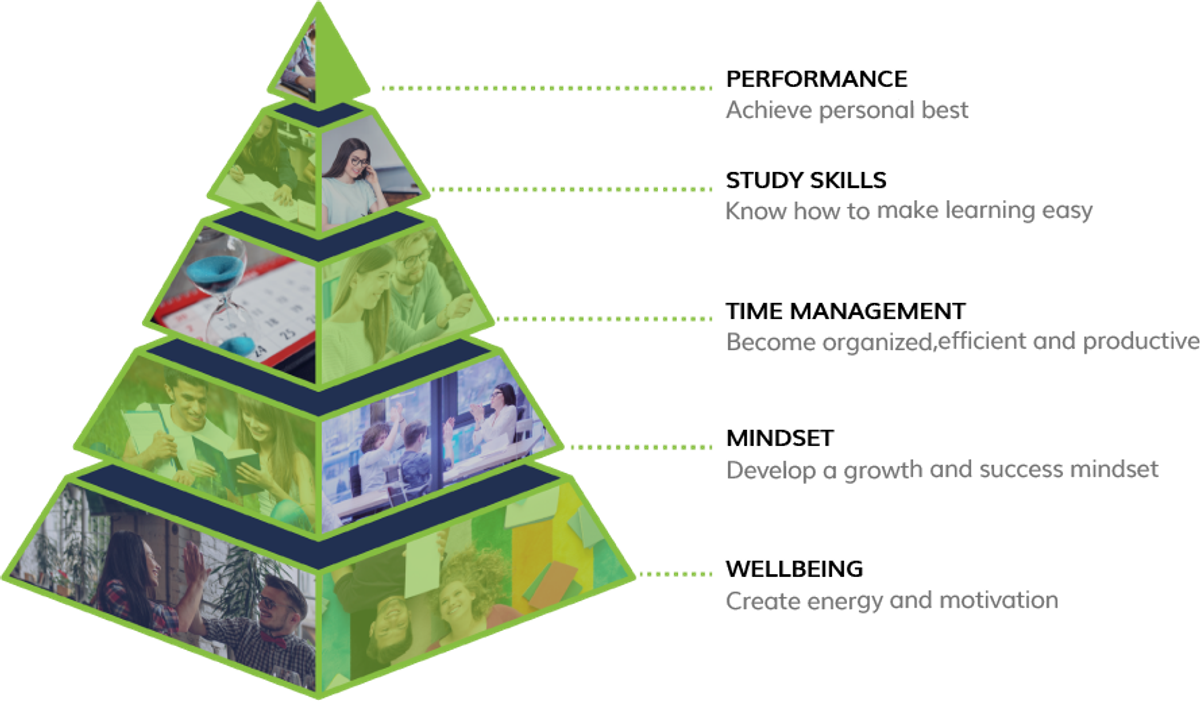From the Head of Senior School

Foundation Day Service
We have now reached the end of Week 4 after a busy two weeks. This year's special Foundation Day Service included the induction of our Principal, Dr Emma O'Rielly and Deputy Principal, Mr Jay Weston. The beauty and splendour of the Cathedral, the exquisite singing of the School Choir, the performances of the School orchestra, and the readings by staff and the Junior and Senior School Captains truly reflected the symbolic reverence and long-awaited nostalgic tradition of the 30th anniversary of the School's founding. Mr Weston's reflection focused on the history of Girton Grammar and the dedication and commitment of the Bendigo community and staff from Girton College to save the School.
Study skills resource
Study Samurai
This week we have been rolling out to Senior School students access to a website resource to assist them with their study skills in the lead-up to Semester One examinations. The site is a secondary school resource library, combining study skills techniques and mental health and wellbeing strategies. Students can work through various units to develop their study skills. It comprises five key features or pillars: Wellbeing, Mindset, Time Management, Study Skills, and Performance. Personal and academic performance is improved when these five features are developed.
Students will complete various age-appropriate modules in the coming weeks to assist them in preparation for their examinations in Week 7. These modules will be completed during their Inspire, Spark, and Ignite programs and House Tutor periods. Students are also encouraged to complete these modules as part of their revision and preparation for the examinations.
As parents, you can also access this site via Astra. From Parent Services, select the "Resources" option and click the link showing the "studyskillshandbook.com.au" image (shown below), which will take you directly to the site.
Alternatively, a direct link to this great resource is here.
Often, students comment how procrastination or having a negative mindset distracts them from studying. Did you know that research has shown that:
- People who focus have improved self-control and delay gratification. They have better quality lives regardless of social or economic backgrounds.
- The ability to focus helps you learn faster.
- Switching your focus on and off when needed makes you happier.
There are two primary varieties of distractions – sensory and emotional.
- Sensory distraction is background noise, sounds, shapes, colours, tastes, smells, etc. The brain has become good at tuning out these types of sensory distractions.
- Emotional distraction is harder to tune out. This can be any type of stress, upset, relationship issues, etc. Those who focus best are relatively immune to emotional turbulence, more able to stay unflappable in a crisis, and to keep on an even keel despite life's emotional waves.
The modules "Dealing with Distractions", "Overcoming Procrastination", and "Developing Motivation" address these types of distractions in much further detail and provide strategies to overcome these issues.
If you need to refocus, try to:
- Admit that you are off task.
- Remind yourself of the original task and why it is important.
- Eliminate distractions.
- Refocus by choosing a starting point, for example, a marker of where you are reading.
- Pay attention to small details to narrow your focus to the task.
We hope you have the opportunity to explore the website and view the many modules. I encourage you also to examine the "Information for Parents" page, which contains helpful links to FAQs and tips to assist with your child's motivation and study skills.
Ms Dawn Davis
Head of Senior School


